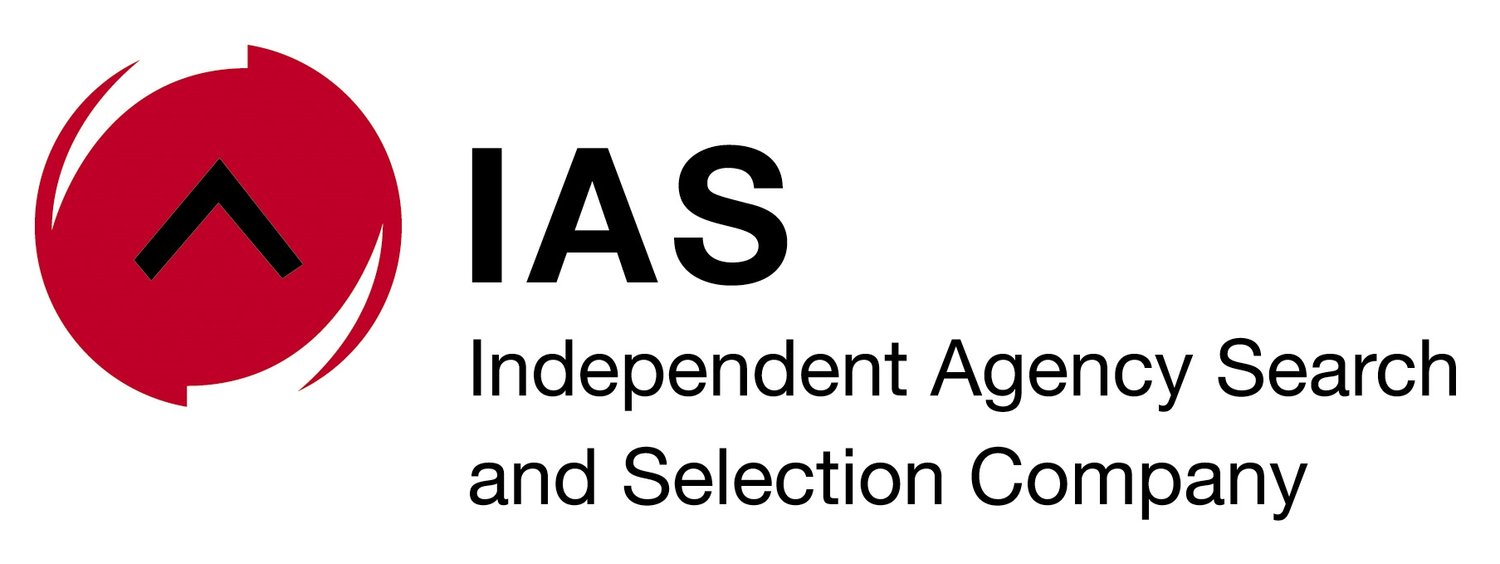For an advertising agency, there is nothing worse than spending hours putting a pitch together but then not winning the business and never knowing why it didn’t make the cut.
“Without feedback, neither a winning nor a losing agency knows what tack they should replicate [or] avoid in the next pitch,” says Johanna McDowell, CEO of the Independent Agency Search & Selection Company (IAS) and Scopen partner. “Equally, there is huge value in knowing why you won,” she says, noting that this is detail you don’t get from the client — often for very valid reasons.
“The value of a pitch consultancy,” McDowell says, “is the provision of feedback to agencies after a pitch, win or lose. Knowing whether they reached stage one or stage three in the client’s determination process is a huge learning opportunity for the pitching agencies, and it’s clear to us that they see the real value in this.”
To demonstrate this importance, McDowell says pitch consultants are occasionally asked to pitch, with the marketer calling on two or more pitch consultancies to bid for their work.
“We were recently invited to pitch and — in all honesty, this is not something I relish. But it seems I had lessons to learn. One of the requests I made to the client when we responded was to have the assurance of detailed feedback, to which they agreed.”
While the pitch was unsuccessful, McDowell says the client’s assessment was so valuable that it facilitated a review of her company’s business model. “The client was looking for more innovation and for a long-term relationship after the pitch process. These are things we provide — but we just didn’t propose them in this instance.”
Sometimes, it’s the simplicity of a requirement that gets overlooked in the frenzy of the upcoming pitch. “Our lesson was a simple one: even pitch consultants need feedback.”
McDowell’s experience highlights why feedback is vital. “The ‘why’ helps agencies to rethink how they’ve been doing things; and for pitch consultants to view things on a longer-term basis than they may be used to,” she says.
The real, ongoing value for anyone involved in a pitch is being willing to give and receive feedback, she says. “First, the ability to provide feedback is a real skill, and something we understand as core to our involvement in the pitch. It requires detailed written reporting at every stage of an agency’s pitch process to provide an understanding of what went wrong — or right — and hopefully encourage a deeper look at how they put their pitch together. Given that this commentary is completely anonymous, it’s clearly based on principles and not on personalities. It’s robust data and not opinion, meaning the agency can only benefit by taking it on board.”
What helps agencies, and even clients, is the quality of the discussion about the pitch process, their proposal and how the client is evaluating it. It all requires a lot of paperwork and thoroughness. “When a client is evaluating a set of credentials or a pitch proposal, pitch consultants take notes and are able to relate perceptions and decisions verbatim. Our clients know upfront that this is part of our function, and all buy into the concept of a quality pitch process and the ethics involved,” says McDowell.
The bottom line is the real, workable value that feedback provides and an agency’s willingness to take that value and run with it.
“The pitch is here to stay. Like it or not, you have to put yourself out there in order to win business, then take the feedback and make it work for you. When I look back on the feedback we received, every point was valuable to us as a company, [showing] what we could change to achieve better.”
All quality ethical critique is advantageous, and a recipient looking to improve their pitches will ignore the blues and seek the clues that will ultimately result in a winning pitch.

